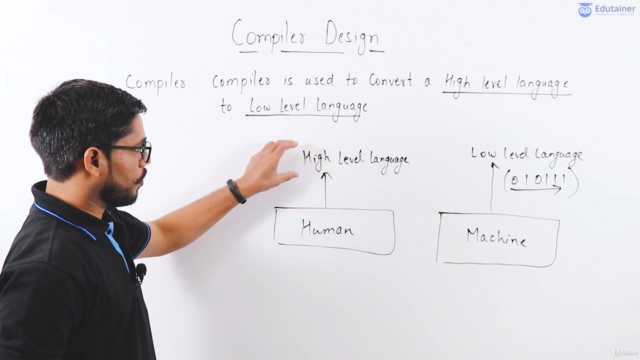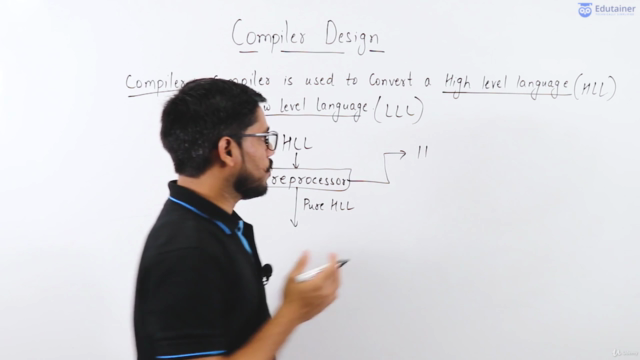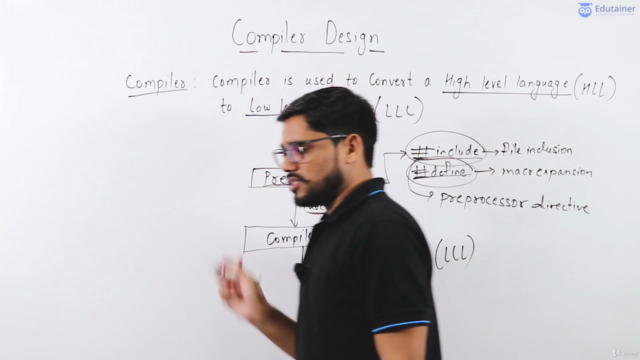Compiler Design

Why take this course?
🎓 Master Compiler Design for GATE Success 🚀
Headline: (GATE Exam) Dive into the World of Code with Edutainer Indiacourse!
Course Description:
Unlock the secrets behind the GATE exam and gain a deep understanding of compiler design, the cornerstone of programming language implementation. This comprehensive course is meticulously tailored to demystify all aspects related to compiler design, which is essential for solving questions in the GATE exam. With expert guidance, you'll not only grasp the theoretical foundations but also apply them through practical examples.
Why Compiler Design? 💡
- Inside Out Understanding: Learn how programming languages are structured and operate from the inside out.
- Language Mastery: Acquire knowledge that makes you an expert in understanding the core features of a programming language.
- Problem Solving Skills: Enhance your problem-solving skills with real-world scenarios and challenges in compiler design.
Career Prospects 🌟
- System Engineer: Become the backbone of system operations, ensuring seamless integration and performance.
- Compiler Engineer: Specialize in creating compilers that translate human-readable code into a form a computer can execute.
- Research Engineer: Engage in cutting-edge research to advance the field of compiler design and programming languages.
Course Detail:
Embark on an in-depth exploration of compiler design with this course, which meticulously covers all the critical phases:
- Lexical Analysis: Learn how to tokenize source code into a sequence of symbols.
- Syntax Analysis (Parser): Understand the process of checking if a string of tokens is syntactically correct for the given language grammar.
- Semantic Analysis: Ensure that the parsed code makes sense within the context of the programming language.
- Intermediate Code Generation: Translate the abstract syntax tree into an intermediate form that is more detailed and lower-level than the original source code.
- Code Optimization: Improve the performance of the intermediate code by eliminating unnecessary operations or reducing complexity.
- Target Code Generation: Convert the intermediate code into machine code specific to the target processor architecture.
- Symbol Table Management: Keep track of all names and their associated meanings throughout the compiler.
- Error Handling: Implement mechanisms to detect, report, and recover from syntax and semantic errors in the source code.
Tools & Techniques: This course will also delve into essential tools like lex and yacc, providing you with a robust foundation to apply your knowledge in real-world scenarios.
Enroll now to transform your interest in programming languages into a powerful skill set that can shape the future of software development! 💻🚀
Course Gallery




Loading charts...